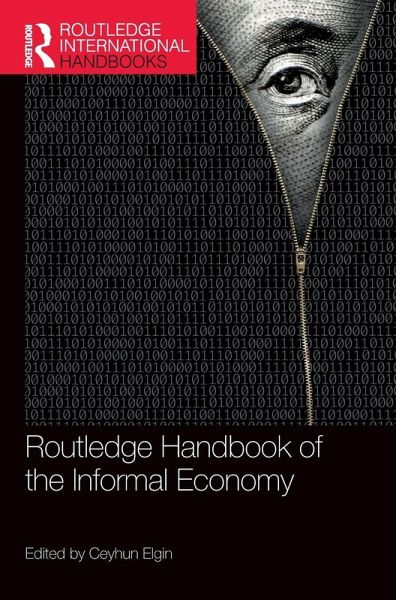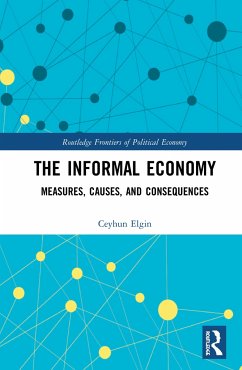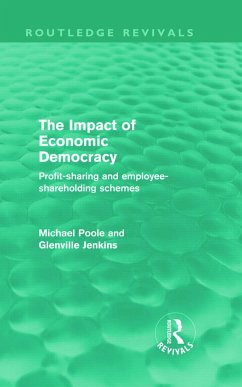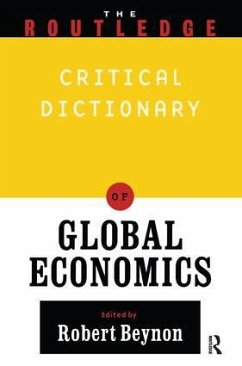
Routledge Handbook of the Informal Economy
Versandkostenfrei!
Versandfertig in 1-2 Wochen
251,99 €
inkl. MwSt.
Weitere Ausgaben:

PAYBACK Punkte
126 °P sammeln!
Delve into the landscape of the informal economy with the Routledge Handbook of Informal Economy, a groundbreaking volume that transcends conventional economic analysis by contextualizing it within a broader regulatory and social framework. This handbook offers categorical, thematic, and regional analyses of the informal, or shadow, economy.














